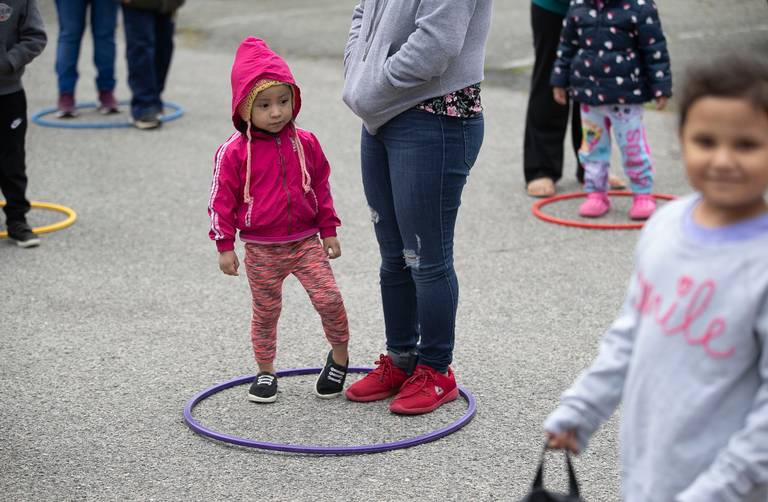Primary Investigator
Leah Hibel
Project Description

The COVID-19 crisis will cause immediate economic, mental, and physical health problems. Those particularly impacted will be low-wage workers who will disproportionately face lay-offs or be forced into the frontlines of this crisis. Lost wages or illness have the potential to be devastating for low income families, jeopardizing access to food and shelter. This extreme stressor will likely increase depression and anxiety. For the past 3 years we have been studying low-income families in the greater Sacramento area, we now have IRB approval to call these families every two weeks to monitor changes in work, income, and mental and physical health. Importantly, we aim to uncover protective factors to buffer low income families from the mental and physical health implications of the crisis. Thus, our findings will assist in the development of local and federal action to address this global challenge by providing causal justification for potential social policy interventions.